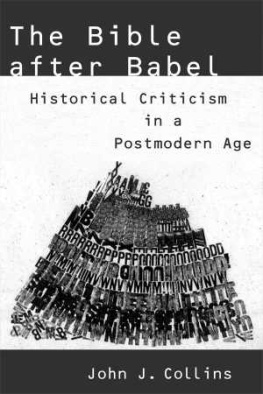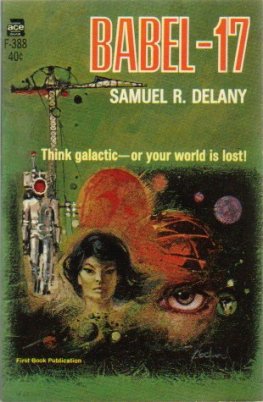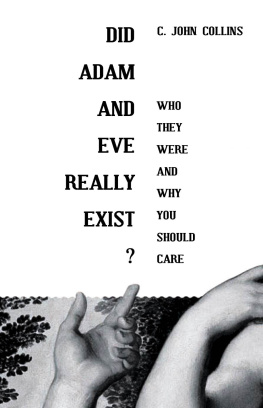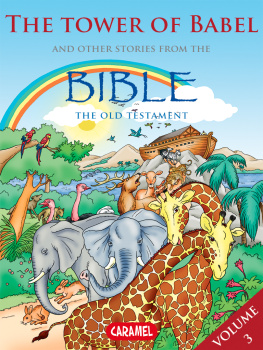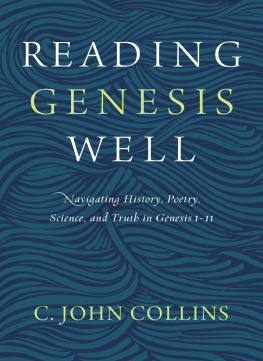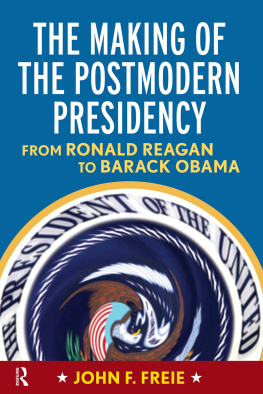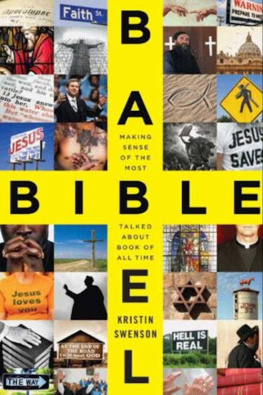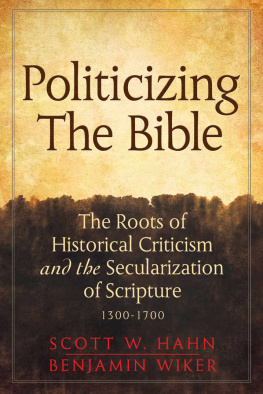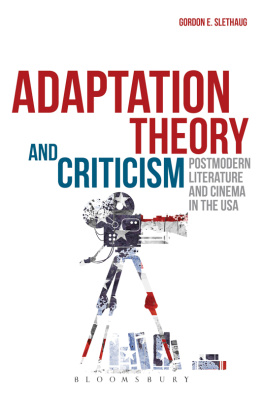John J. Collins - The Bible after Babel: Historical Criticism in a Postmodern Age
Here you can read online John J. Collins - The Bible after Babel: Historical Criticism in a Postmodern Age full text of the book (entire story) in english for free. Download pdf and epub, get meaning, cover and reviews about this ebook. year: 2008, genre: Religion. Description of the work, (preface) as well as reviews are available. Best literature library LitArk.com created for fans of good reading and offers a wide selection of genres:
Romance novel
Science fiction
Adventure
Detective
Science
History
Home and family
Prose
Art
Politics
Computer
Non-fiction
Religion
Business
Children
Humor
Choose a favorite category and find really read worthwhile books. Enjoy immersion in the world of imagination, feel the emotions of the characters or learn something new for yourself, make an fascinating discovery.
- Book:The Bible after Babel: Historical Criticism in a Postmodern Age
- Author:
- Genre:
- Year:2008
- Rating:4 / 5
- Favourites:Add to favourites
- Your mark:
- 80
- 1
- 2
- 3
- 4
- 5
The Bible after Babel: Historical Criticism in a Postmodern Age: summary, description and annotation
We offer to read an annotation, description, summary or preface (depends on what the author of the book "The Bible after Babel: Historical Criticism in a Postmodern Age" wrote himself). If you haven't found the necessary information about the book — write in the comments, we will try to find it.
The Bible after Babel: Historical Criticism in a Postmodern Age — read online for free the complete book (whole text) full work
Below is the text of the book, divided by pages. System saving the place of the last page read, allows you to conveniently read the book "The Bible after Babel: Historical Criticism in a Postmodern Age" online for free, without having to search again every time where you left off. Put a bookmark, and you can go to the page where you finished reading at any time.
Font size:
Interval:
Bookmark:

John J. Collins
vii
ix
The six chapters that make up this book were delivered as the Gunning lectures at the School of Divinity of the University of Edinburgh between November i and 12, 2004. I would like to thank the Edinburgh faculty for extraordinary hospitality and stimulating discussion. In the first place, my thanks are due to Timothy Lim, who initiated the invitation, suggested the topic, and served as my primary host. Others who deserve special thanks include David Ferguson, Graeme Auld, Nicolas Wyatt, Larry Hurtado, Marcella Althaus-Reid, and Nicholas Adams.
The topic proposed to me for the lectures was "The Bible at the Beginning of the Twenty-first Century." What I have written might be characterized more aptly as an account of some of the main changes in the study of the Hebrew Bible or the Old Testament in the last third of the aoth century. This account is not exhaustive. Many other topics might in principle be treated. Perhaps the most obvious omission is the ongoing debate about the origin of the Pentateuch. Insofar as that debate entails the erosion of the certainties of an earlier generation, it would offer one more instance of the general pattern described in this book. But I trust that the issues I have chosen are adequately representative of the major trends in scholarship of this period. These are also issues where there has been extensive debate and where retrospective assessment is now possible. I have not seriously engaged newer, cutting-edge developments, such as Third World scholarship or Queer Theory. No doubt, these developments will be important as the 21st century develops, but they are only beginning to make an impression in biblical scholarship, and an assessment at this time would be premature.
Several people read parts of this book in manuscript and made helpful suggestions. I would like to thank specifically Adela Yarbro Collins, Christl Maier, Saul Olyan, Yvonne Sherwood, Rebecca Raphael, and Ron Hendel.
Last, but not least, my thanks are due to Michael Thomson of Wm. B. Eerdmans Publishing Company, who solicited the manuscript and guided it through the publication process.
The story of the tower of Babel is told briefly and enigmatically in Gen um9, at the end of the Primeval History in the J (Yahwist) source. In the beginning, people had one language and the same words throughout the earth. They attracted the attention of the Lord, however, by building a city and a tower, with its top in the heavens, to make a name for themselves. The Lord figured that this was only the beginning of what they would do and, since they were one people with one language, nothing would be impossible to them. To prevent further developments, the Lord went down and confused their language and scattered them abroad over the face of the earth. Therefore the city was called "Babel," because there the Lord confused the language of all the earth.
Commentators have noted that there seem to be two distinct themes in the story: the attempt to build the city and tower and the confusion of language, and, inevitably, source critics have tried to separate the two. On one level, at least, the story is an etiology for the diversity of languages. On another level, it recapitulates a recurring theme in the primeval history - the futile attempts to bridge heaven and earth, whether by hu man beings becoming like God or by "sons of God" becoming human. As the story stands, the confusion of languages seems to be a punishment for human hybris, or at least an attempt by a defensive God to protect his realm from human encroachment. Neither the building nor the confusion of languages is viewed positively. Rather, the story seems to be a final episode in the gradual fall of humanity from the pristine glory of Eden to the postlapsarian condition of human history.
It is not the case that the postmodernists have captured the field. Far from it. Diversity of approaches is at best a mixed blessing, and sometimes threatens to become a curse. But neither is traditional historical criticism accurately described as the totalitarian monolith that some of its critics make it out to be. I will begin by reflecting on the character of historical criticism as I understand it. I will then consider some of the distinctive features of postmodern approaches and consider the application of some of them in biblical studies.
but it would be naive to think that scholarship a century from now will look much like it does today, whatever form it may take.
What these methods have in common is a general agreement that texts should be interpreted in their historical contexts, in light of the literary and cultural conventions of their time. There is also a general assumption that the meaning of a text can be established in an objective manner, but this assumption is more complicated than it may seem. The meaning intended by an ancient author can, at best, only be reconstructed tentatively, and few historical critics would deny that a text may take on new meanings in changing circumstances. (This is in fact the raison d'etre of redaction criticism.) But historical critics usually assume a hierarchy of meanings and regard the historical context as basic or primary.
In this sense, autonomy is opposed not only to ecclesiastical interference but also to undue deference to received opinion. Biblical scholarship has not always been characterized by autonomy in the latter sense, although I doubt that many historical critics would dispute the principle!
To understand the ancient context of a text requires some sympathetic analogy between ancient and modern situations. Indeed, one of the assumptions of historical criticism is that texts are human products and that human nature has not changed beyond recognition over the centuries. We can assess what is plausible in an ancient situation because we know what human beings are capable of. This principle gave rise to problems with regard to the miraculous aspects of the biblical stories, but it also provided a way of bringing the text to life by analogy with modern experiences.
Christian theology, at least in its more liberal forms, reached an accommodation with historical criticism that acknowledged its validity, even if only within certain limits.
But the dominant voices in biblical scholarship for much of the loth century were generally subservient to the dominant voices in the biblical text. While historical details might be questioned, and great energy was expended on reconstructing the history of the biblical text, most biblical scholarship took place within the interpretive framework of Christian theology.
Beginning in the 19th century, knowledge of the historical context of ancient Israel was transformed by the discovery of Akkadian and Egyptian texts. In the 20th century, the Ugaritic texts found at Ras Shamra in 1929 and the Dead Sea Scrolls have had a major impact on biblical interpretation. While the relevance of the nonbiblical material was obscured in the heyday of biblical theology, it could not be ignored forever, and neither could the sharp differentiation of Israel from its Near Eastern environment be maintained. More recently, archaeology has forced a serious revision of the received account of the origins of Israel. Of course, the new evidence is always subject to interpretation, and its interpretation is never final. But it is no longer possible to claim that independent, objective research supports the basic historicity of the biblical text. Whether archaeological research can be regarded as objective is another matter, but at least the foundations of biblical reliability can no longer be shored up from that quarter.
Font size:
Interval:
Bookmark:
Similar books «The Bible after Babel: Historical Criticism in a Postmodern Age»
Look at similar books to The Bible after Babel: Historical Criticism in a Postmodern Age. We have selected literature similar in name and meaning in the hope of providing readers with more options to find new, interesting, not yet read works.
Discussion, reviews of the book The Bible after Babel: Historical Criticism in a Postmodern Age and just readers' own opinions. Leave your comments, write what you think about the work, its meaning or the main characters. Specify what exactly you liked and what you didn't like, and why you think so.

